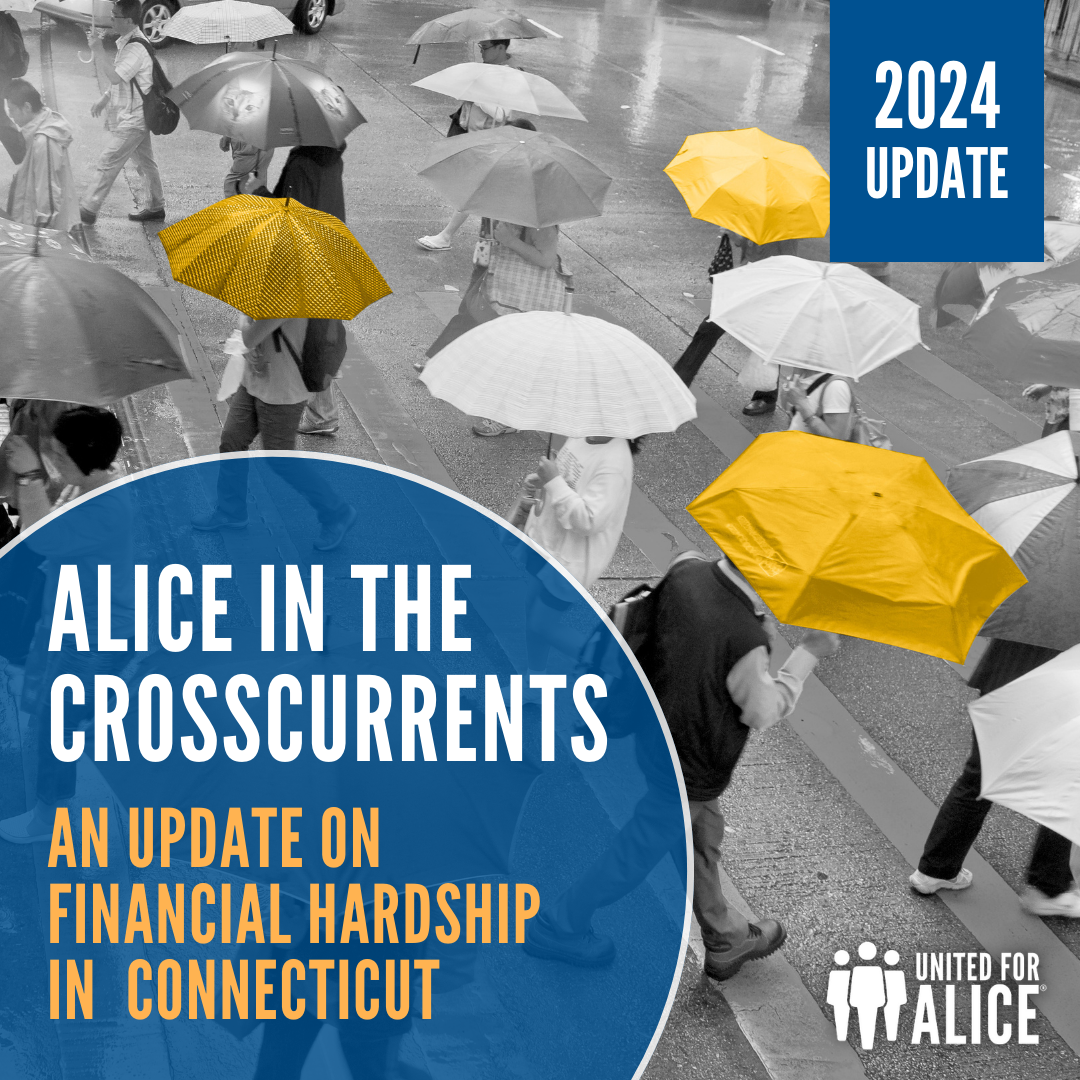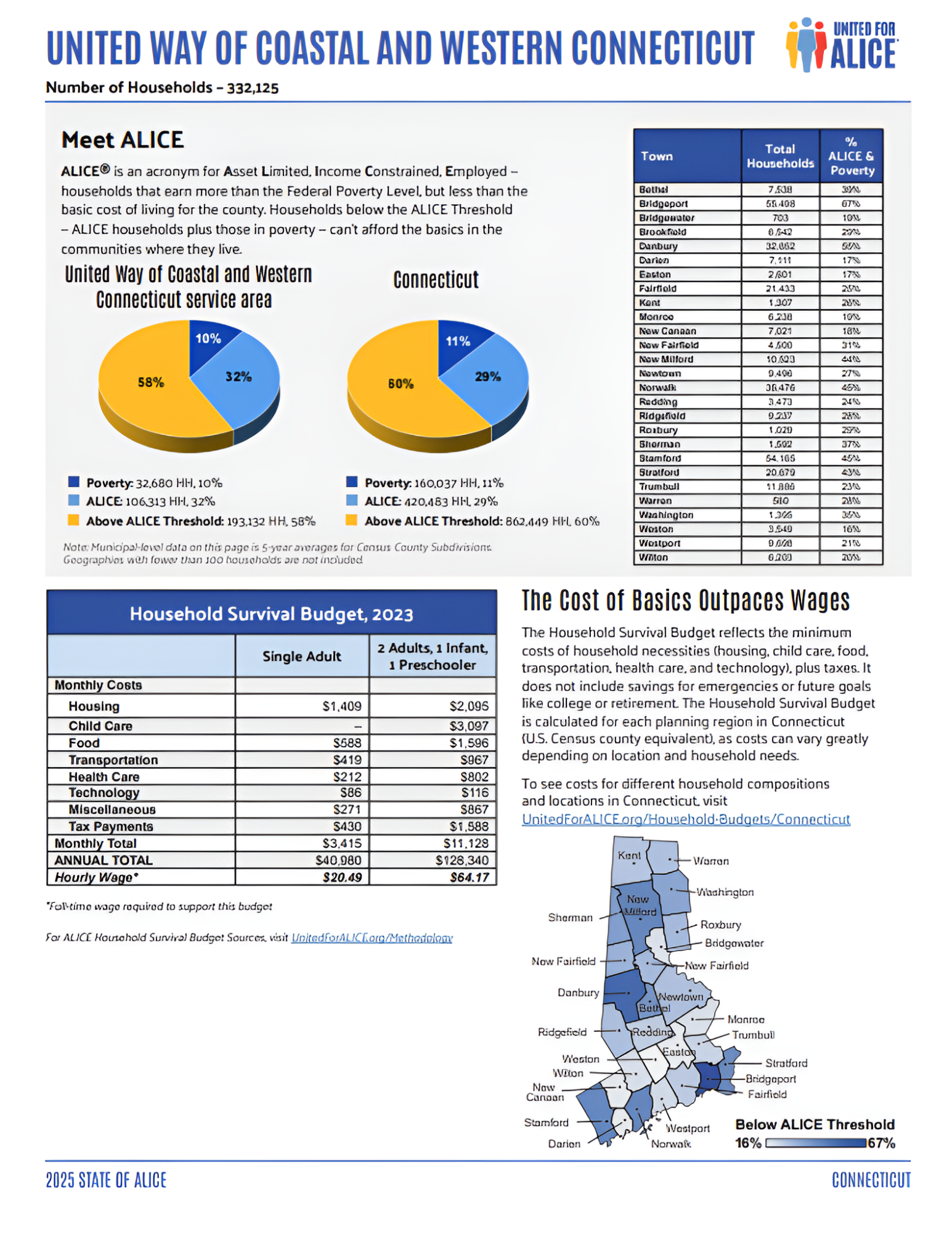“The ALICE Essentials Index shows that no matter how hard ALICE families work, they are priced out of financial stability,” said United Way of Coastal and Western Connecticut CEO, Isabel Almeida. “ALICE was grappling with a surge in inflation before the rest of us. We need to do better for our essential workers and factor these insights into delivering stronger supports for vulnerable families.”
As the costs of basics have climbed, wages for ALICE workers have failed to keep up. The result? Workers have lost buying power over the past 15 years. Workers in retail sales, (a common occupation in Connecticut), saw an average $42,500 loss of buying power — more than a full year’s earnings, according to findings within the ALICE Essentials Index.
“ALICE doesn’t buy power boats or hire landscapers — ALICE is doing the landscaping,” said Stephanie Hoopes, Ph.D., national director for United For ALICE, a U.S. research organization driving solutions to financial hardship. “ALICE is simply trying to afford safe housing and dinner on the table.”
To download the United Way of Coastal and Western CT Catchment page, click HERE.



